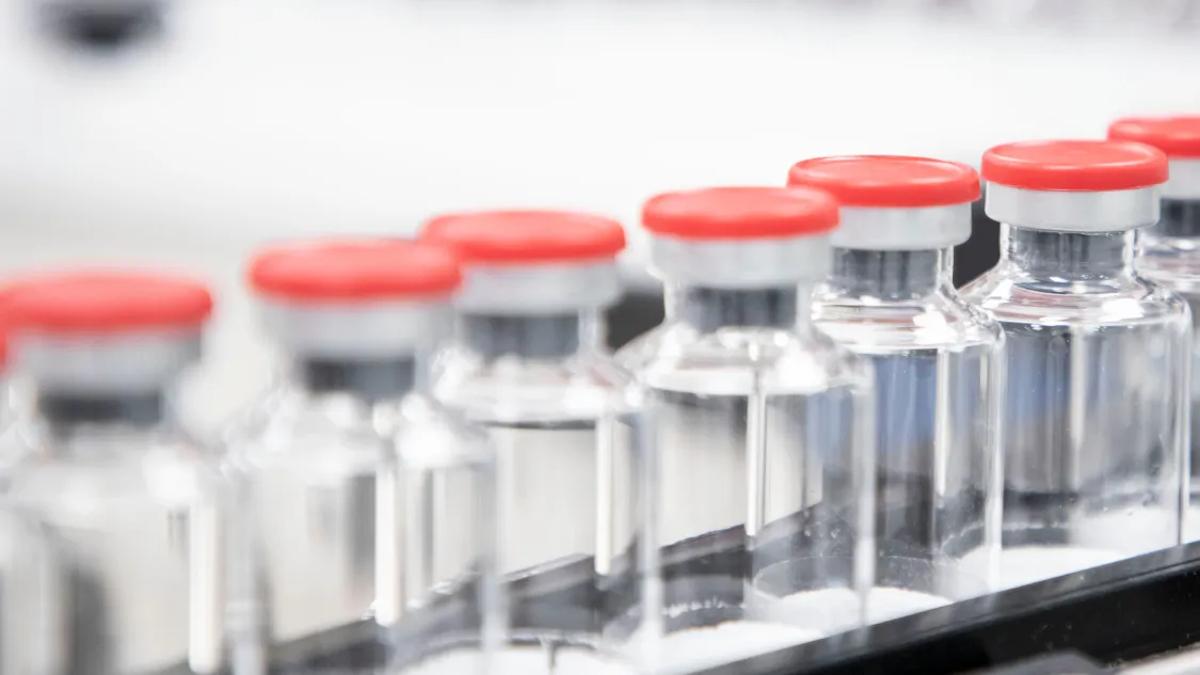Trodelvy-Keytruda pairing hits the spot in breast cancer

Gilead Sciences has cemented the role of its TROP2 drug Trodelvy in triple-negative breast cancer (TNBC) with a win in a phase 3 combination trial with MSD's PD-1 inhibitor Keytruda.
ASCENT-04/KEYNOTE-D19 is the first phase 3 trial to pair a TROP2-directed antibody-drug conjugate (ADC) with a cancer immunotherapy, and the positive result could be the key to Gilead maintaining sales momentum for Trodelvy (sacituzumab govitecan), after earlier efforts to expand its label fell flat.
The data shows that a regimen based on Trodelvy and PD-1 inhibitor Keytruda (pembrolizumab) was better than Keytruda plus chemotherapy at extending the time to cancer progression or death in patients with previously-untreated advanced TNBC whose tumour expressed the PD-L1 biomarker.
There was also a trend towards improved overall survival (OS) with Trodelvy-Keytruda, although the data on that is not yet mature.
The study enrolled patients with a PD-L1 combined positive score (CPS) of 10 or more, matching Keytruda's label in first-line TNBC, which was approved by the FDA in 2020. Trodelvy is currently approved in the US as a third-line treatment for TNBC, so the ASCENT-04 data could move it up the treatment pathway.
Trodelvy has already crossed the blockbuster threshold for Gilead, with sales rising 24% to $1.3 billion last year, although, Gilead's attempts to extend its use into other cancers have had mixed results. The ADC claimed accelerated approval from the FDA in urothelial carcinoma in 2021, only to have that withdrawn after a failed confirmatory trial last year.
In 2023, Gilead got a green light in previously-treated HR-positive, HER2-negative metastatic breast cancer, but also recorded a failed pivotal study in relapsed/refractory non-small cell lung cancer (NSCLC). It subsequently abandoned the latter indication – taking a $1.8 billion charge as a result – before turning its attention to the small cell lung cancer (SCLC) indication while continuing its efforts in previously untreated NSCLC in the EVOKE-03 study.
In the meantime, it is now facing competition in the market from other TROP2 therapies. That includes AstraZeneca and Daiichi Sankyo's ADC Datroway (sacituzumab deruxtecan), which has been approved for previously treated HR-positive/HER2-negative breast cancer in the US, Europe, and Japan, as well as Kelun-Biotech and MSD's sacituzumab tirumotecan, which has been approved in China for NSCLC and is in late-stage testing in other markets.
The ASCENT-04 could offer new hope to a patient population defined by limited options and poor outcomes, according to Gilead's chief medical officer, Dietmar Berger, who said the dual regimen has "transformative potential."
He added: "For patients with this difficult-to-treat type of breast cancer, these results potentially offer a new pathway that may redefine their treatment options."
Gilead is also running three phase 3 trials of Trodelvy in other breast cancer indications, including ASCENT-03 in first-line metastatic TNBC patients who are not candidates for PD-L1 based therapy, ASCENT-05 in patients with early-stage TNBC, and ASCENT-07 in HR-positive/HER2-negative breast cancer after endocrine therapy.
Gilead has said it hopes to advance Trodelvy into the first-line setting for metastatic TNBC as early as 2026.












